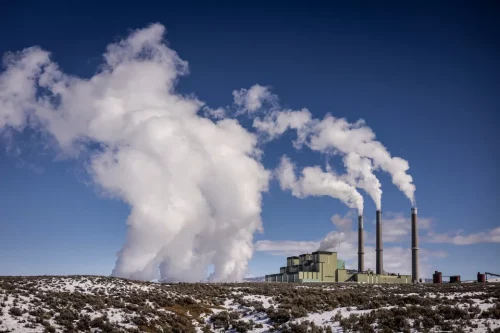Coal ash from power plants can become a source of rare earth metals – scandium, neodymium and yttrium – which play an important role in the production of environmentally friendly technologies such as electric vehicles, solar panels and wind turbines.
This was reported by CNN with reference to scientists at the University of Texas.
According to Bridget Scanlon, author of the study and professor at the Jackson School of Earth Sciences at the University of Texas, this is a huge potential source of rare earth elements without the need for new mining.
Why it's important
Rare earths are a group of metallic elements that are not rare in nature, but are difficult to extract and separate from the ore that surrounds them. Therefore, demand for them exceeds supply.
As the world moves away from fossil fuels that heat the planet, more rare earth metals will be needed. According to the International Energy Agency, by 2040, the demand for them will increase 7 times compared to the current level.
Scientists have analyzed coal ash from power plants across the United States and found that it could contain up to 11 million tons of rare earth elements – almost 8 times more than the United States has in domestic reserves.
Coal ash contains relatively low concentrations of rare earth elements compared to those that can be extracted directly from underground deposits. But its advantage is that it is easily accessible and available in large quantities. For example, the United States produces about 70 million tons of coal ash annually.
What are the precautions?
The process of extracting coal ash can be expensive, according to Paul Zemkiewicz, director of the West Virginia University Water Research Institute, who was not involved in the study. He says that the costs of extraction need to be compared to how much product can be obtained.
The authors of the study, however, suggest that the cost of mining rare earth metals could be used to offset the cost of improving the way coal ash is stored and managed.
Earlier, EcoPolitics reported that in 2025, France and Austria will recycle plastic waste into synthetic oil.





